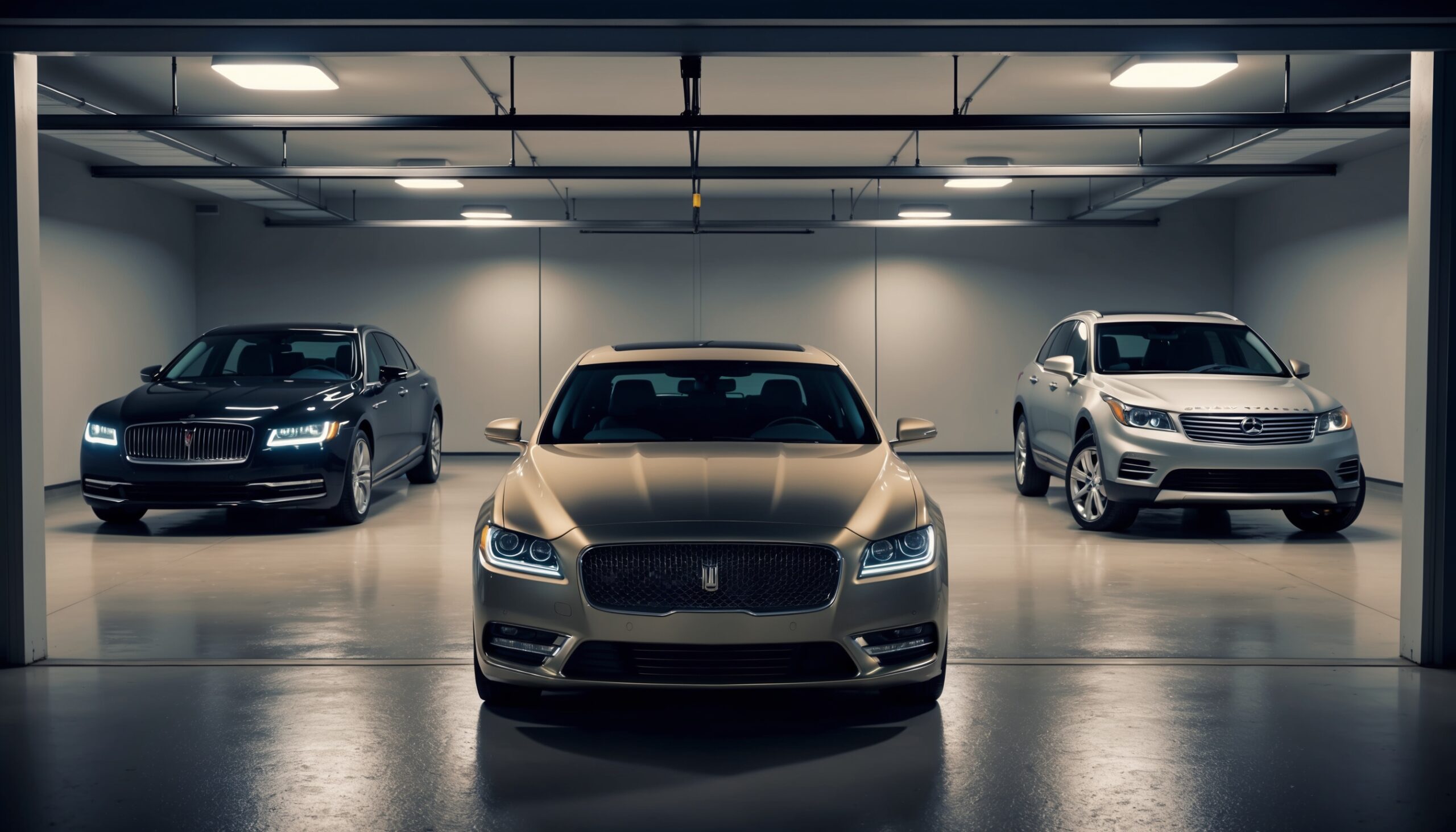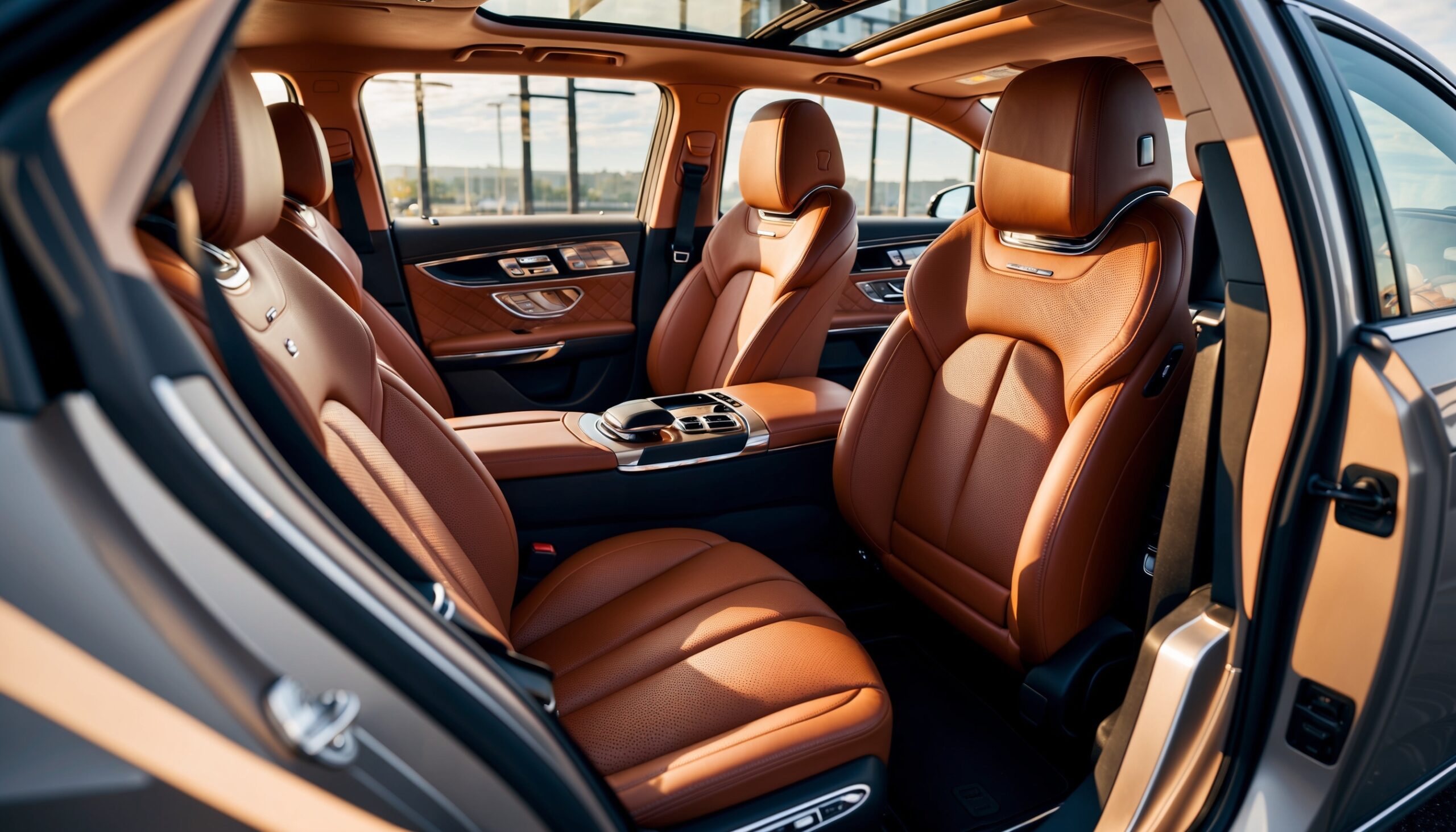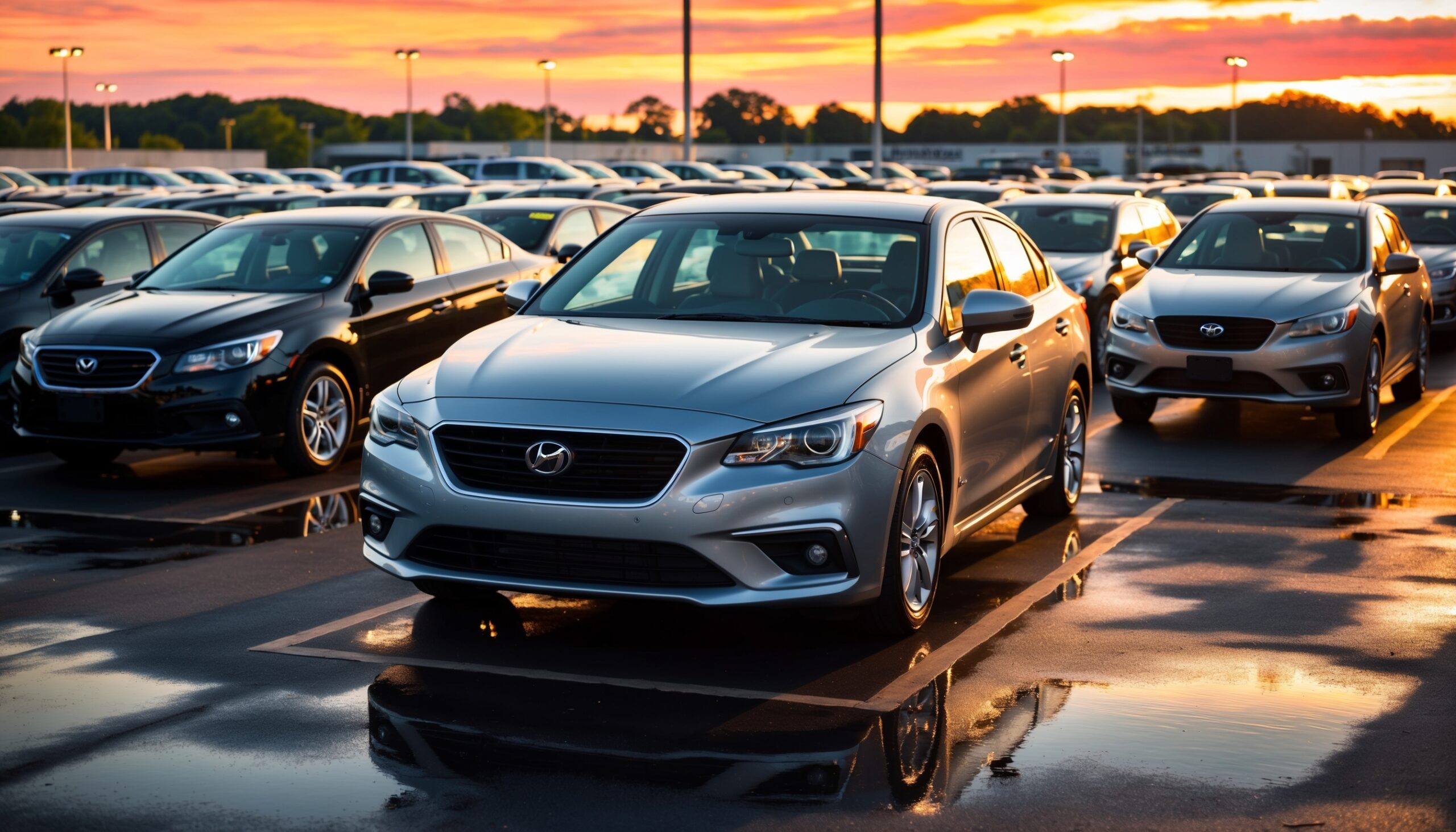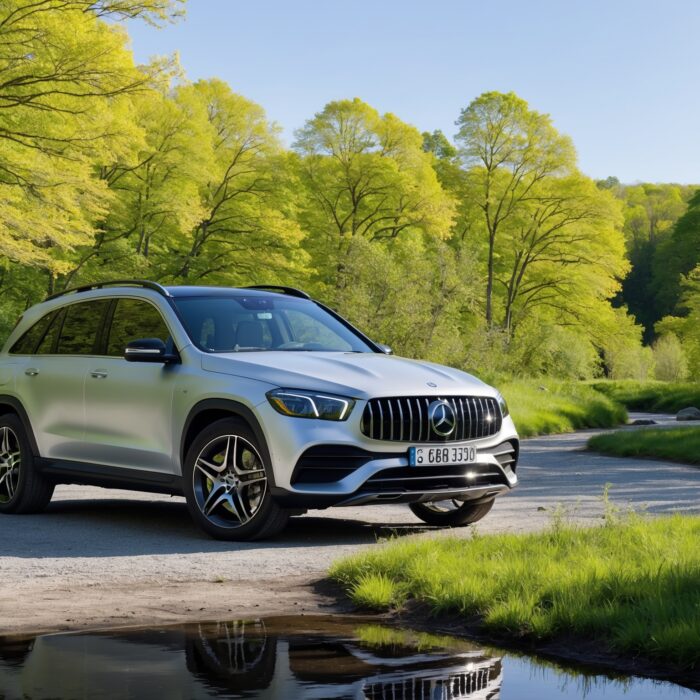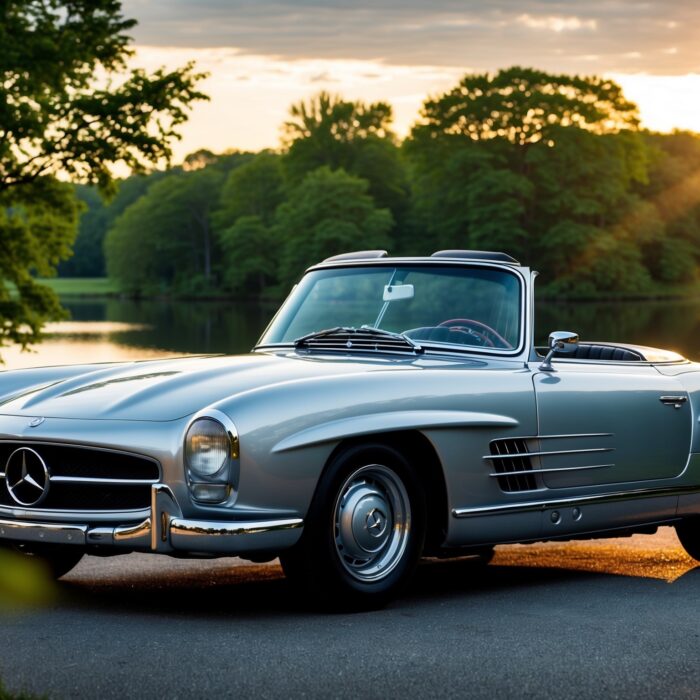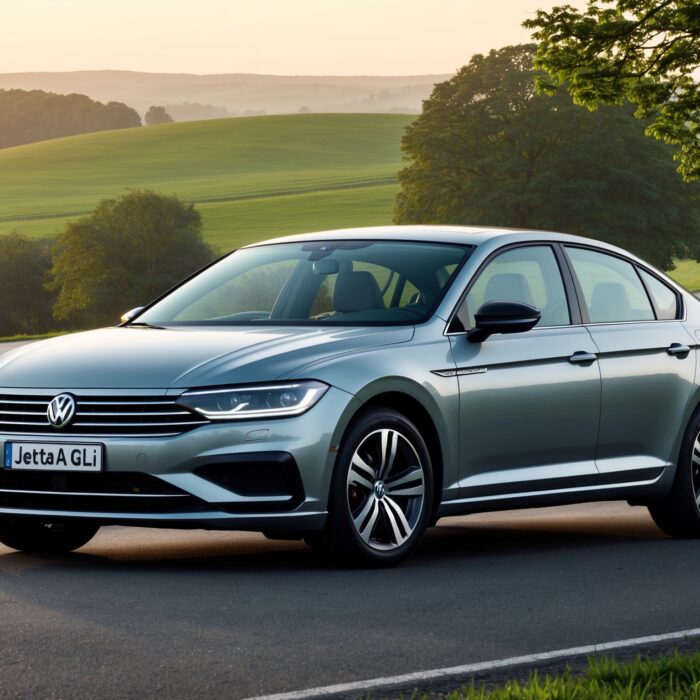Choosing the Best Warranty for CPO, Used, and New Cars
When it comes to buying a car, whether it’s a brand new model, a certified pre-owned (CPO) gem, or a trusty used vehicle, one of the most crucial decisions you’ll face is selecting the right warranty. Warranties can vary significantly in coverage, duration, and cost, making the choice a bit overwhelming for even the most seasoned car enthusiasts. Here at Torque Feed, we’re all about helping you navigate these waters so you can drive off with peace of mind. Let’s dive into the nitty-gritty of choosing the best warranty for your ride!
Understanding Warranties
Before we delve into the specifics of CPO, used, and new cars, it’s essential to grasp the basics of what a warranty actually covers. A warranty is essentially a promise made by the manufacturer or dealer to repair or replace certain parts of your vehicle if they fail due to defects in materials or workmanship. Warranties can be categorized into two primary types:
- Manufacturer’s Warranty: This is provided by the car manufacturer and typically comes with new vehicles. It usually covers a specific period or mileage, whichever comes first.
- Extended Warranty: This is an optional warranty that you can purchase to extend the coverage beyond the manufacturer’s warranty. It can be offered by the dealer or a third-party provider.
Now, let’s look at how these warranties apply to CPO, used, and new cars.
Warranties for New Cars
Buying a new car is often a thrilling experience, but it also comes with its own set of responsibilities. One of the most significant advantages of purchasing a new car is the manufacturer’s warranty. Here’s what you need to know:
Also Read: I Need A Rad Ride With A Roof Rack! What Car Should I Buy?
Typical Coverage
New cars usually come with a comprehensive warranty package, which can include:
- Bumper-to-Bumper Warranty: Covers almost every component of the vehicle for a certain period, often between 3 to 5 years or 36,000 to 60,000 miles.
- Powertrain Warranty: Specifically covers the engine, transmission, and drivetrain components, typically lasting longer than the bumper-to-bumper warranty—up to 10 years or 100,000 miles.
- Corrosion Warranty: Protects against rust and corrosion, usually lasting up to 5 to 7 years.
Choosing the Right Warranty
When buying a new car, you’ll want to consider the following:
- Coverage Length: Ensure the warranty length aligns with your intended ownership period.
- Transferability: If you plan to sell the car in the future, check if the warranty is transferable to the next owner.
- Exclusions: Familiarize yourself with what’s not covered to avoid any surprises later on.
Warranties for Certified Pre-Owned (CPO) Cars
CPO vehicles are a fantastic option for those who want a nearly new car without the new car price tag. These cars typically come with a manufacturer-backed warranty, but the specifics can vary by brand and dealership. Let’s break down what you need to know about CPO warranties.
Understanding CPO Warranties
CPO programs generally include:
Also Read: Chevy 350 Vs. Oldsmobile 350: How Are They Different?
- Inspection Guarantee: The vehicle must pass a rigorous multi-point inspection to qualify for CPO status.
- Limited Warranty: Coverage usually includes a limited bumper-to-bumper warranty, often lasting 1 year or more after the original warranty expires.
- Powertrain Warranty: Generally extends beyond the limited warranty period, providing long-term coverage for major components.
Evaluating CPO Warranties
When considering a CPO vehicle, think about:
- Warranty Length: Check how much coverage is left on the original warranty and what the CPO warranty adds.
- Roadside Assistance: Many CPO programs offer 24/7 roadside assistance, which can be a life-saver during emergencies.
- Vehicle History: Ensure the vehicle has a clean history report to avoid any hidden issues.

Warranties for Used Cars
Buying a used car can be a smart financial choice, but it often comes with less warranty coverage than new or CPO vehicles. However, this doesn’t mean you have to go without protection!
Types of Used Car Warranties
When it comes to used cars, you generally have a few options:
- Remaining Manufacturer’s Warranty: If the vehicle is relatively new, it might still be under the original warranty, which could provide excellent coverage.
- Dealer Warranty: Some dealerships offer a limited warranty on used cars, though this is typically less comprehensive than a new car warranty.
- Third-Party Warranty: You can purchase an extended warranty from a third-party provider, which may offer varying levels of coverage.
Things to Consider with Used Car Warranties
When evaluating warranties for used cars, keep an eye out for:
- Coverage Limitations: Understand what is and isn’t covered, as used car warranties often come with many exclusions.
- Deductibles: Check if the warranty requires deductibles for repairs, which can add to your out-of-pocket costs.
- Claim Process: Research how claims are processed and whether the warranty provider has a good reputation for customer service.
Comparing Warranties: Key Factors
Regardless of whether you’re looking at new, CPO, or used cars, there are several factors to consider when comparing warranties:
Cost vs. Coverage
Always weigh the cost of the warranty against the coverage it provides. A cheaper warranty might save you money upfront but could leave you vulnerable to expensive repairs down the line.
Reputation of the Provider
Research the warranty provider’s reputation. Look for customer reviews and ratings, and check if they have a strong track record for fulfilling claims.
Transferability
If you plan to sell the car, having a transferable warranty can be a great selling point. Ensure that the warranty you choose can be transferred to a new owner.
Tips for Purchasing a Warranty
Before making a final decision on a warranty, here are some tips to keep in mind:
- Read the Fine Print: Always read the terms and conditions thoroughly to understand what’s covered and what’s excluded.
- Ask Questions: Don’t hesitate to reach out to the dealer or warranty provider with any questions or concerns.
- Consider Your Driving Habits: Think about how much you drive and the type of driving you do. If you drive a lot or plan on keeping the car for many years, a more comprehensive warranty may be worth it.
Final Thoughts
Choosing the right warranty can be a daunting task, but it’s a crucial step in ensuring that your investment is protected. Whether you’re in the market for a new, CPO, or used car, understanding your options will empower you to make the best choice for your needs and budget. Remember, a good warranty can save you from unexpected repair costs and provide peace of mind as you hit the road.
At Torque Feed, we’re committed to helping you navigate the automotive landscape, ensuring you make informed decisions every step of the way. Happy car hunting!

